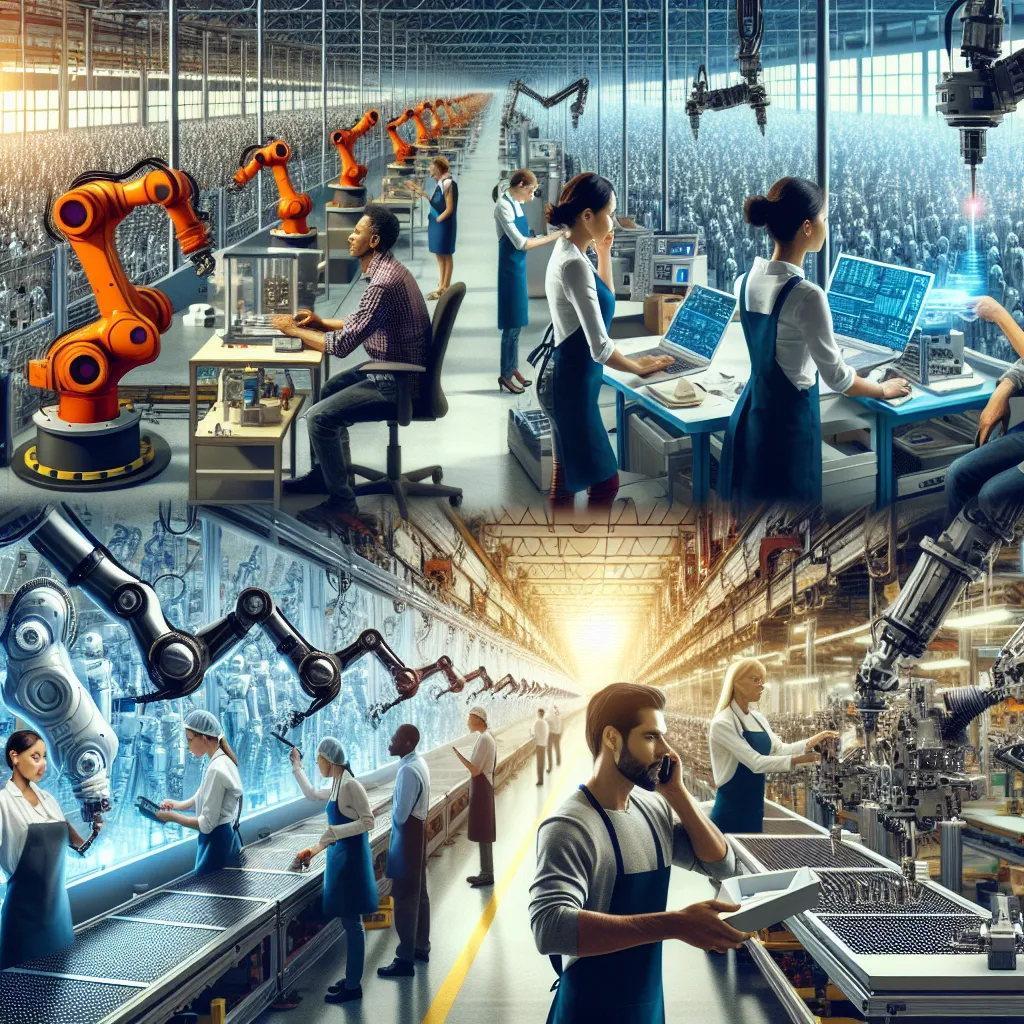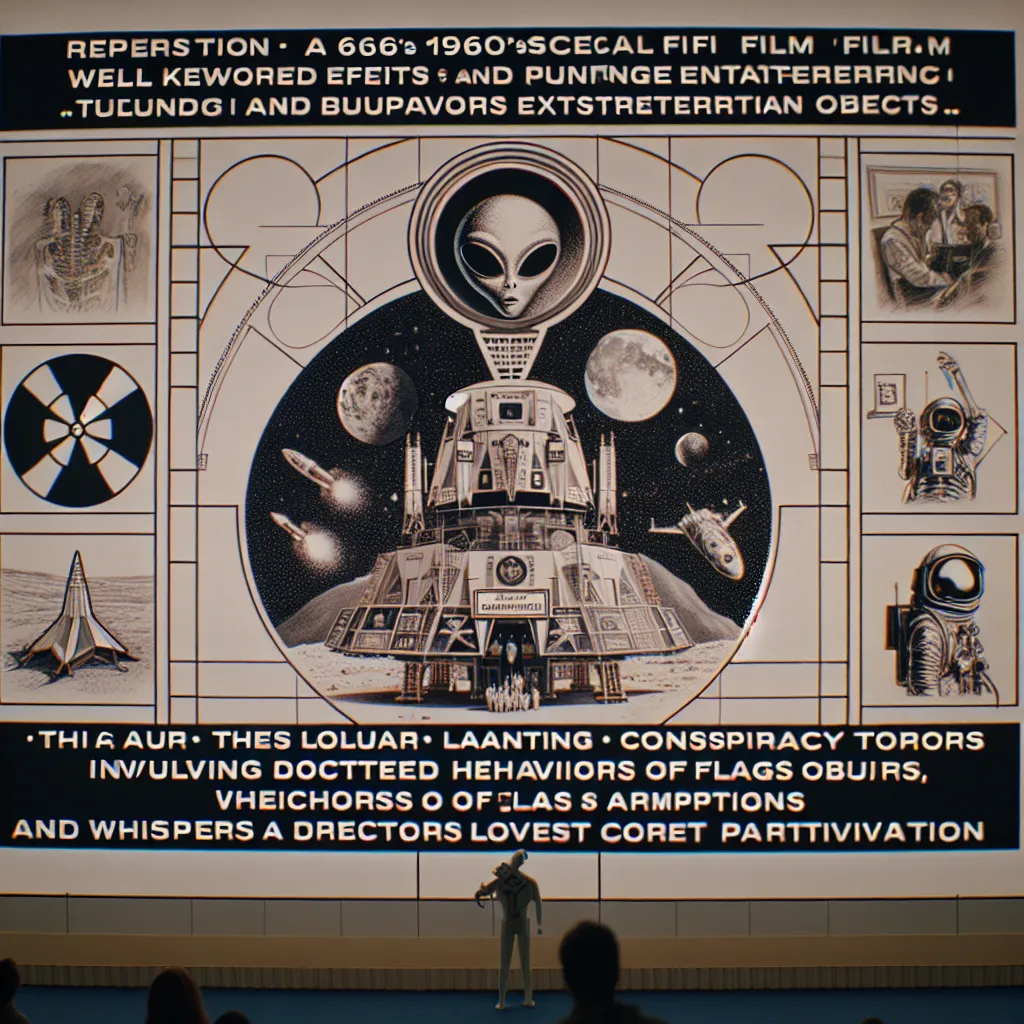How long do you think it’ll take before machines might do your job better than you? Automation isn’t just about big machines doing repetitive factory work anymore. Now, machines can land planes, diagnose cancer, and trade stocks. We’re stepping into a new era of automation unlike anything before.
A 2013 study pointed out that nearly half of all jobs in the US could be automated within the next two decades. But hasn’t automation been around for ages? What’s different now?
In the past, innovation made human work easier, boosting productivity. This meant we could produce more with the same number of workers. Sure, some jobs were lost, but many new ones were created, often better than the old ones. It was a cycle that kept most people employed and improved living standards.
Historically, we’ve moved from agricultural jobs to production jobs, thanks to the Industrial Revolution. Then came service jobs. Recently, we entered the Information Age, changing the job landscape again. Machines are now taking over our jobs much faster than before, and it’s understandable to be concerned.
In the new information-driven industries, fewer jobs are created. Take General Motors in 1979, which had 800,000 workers and made $11 billion. Compare that to Google in 2012, which made $14 billion but only employed 58,000 people. New industries aren’t filling the job gap as old ones fade out.
For example, the car industry once created millions of jobs, transforming our societies. Now, while electric cars are fantastic, they aren’t generating millions of new jobs. Similarly, the internet has created new industries, but not enough jobs compared to the old ones they replaced. At its peak, Blockbuster had 84,000 employees, whereas Netflix, at its height, had 4,500.
Innovation in the Information Age isn’t generating enough jobs. And now, a fresh wave of automation and smart machines is taking over.
We’ve achieved human progress through labor specialization. Our smartest machines are bad at complex tasks but excel at narrowly defined ones. Factory jobs vanished because machines handled these tasks better. Now, breaking down complex jobs into simpler tasks is becoming possible for machines, risking our jobs.
Digital machines use machine learning to get better at tasks by analyzing data. They can improve quickly, and unlike physical machines, they can be replicated instantly and for free. If you do complex computer work today, your job might be at risk sooner than you think.
Take a San Francisco company with project management software for large corporations. It automates project management tasks, reducing costs and replacing middle management. This software creates freelance jobs temporarily but ultimately learns to replace those freelancers.
We are seeing machines outperforming humans in various fields, from pharmacy to analytics, journalism to radiology. These jobs won’t vanish overnight, but fewer people will be doing them.
The big problem isn’t just job loss; it’s the need for continual job creation to match population growth. Since the 1970s, job creation in the US has slowed. The first decade of the 21st century saw no net growth in jobs for the first time.
Despite productivity rising, hours worked by US workers have remained static. New university graduates face declining wages, with many taking jobs that don’t require a degree. Productivity is moving away from human labor.
This shift is different. Machines might actually take over our jobs this time. Our consumer-based economy may struggle if fewer people have decent jobs. Are we heading towards a scenario where a few rich people own everything, or can things be different?
While the future of automation seems worrying, it could also be a chance to rethink society and reduce poverty and inequality. This new era might be a pivotal moment in human history.
Stay tuned for more discussions on potential solutions, like universal basic income. We need to think big and act fast because, frankly, the machines aren’t coming—they’re already here.






